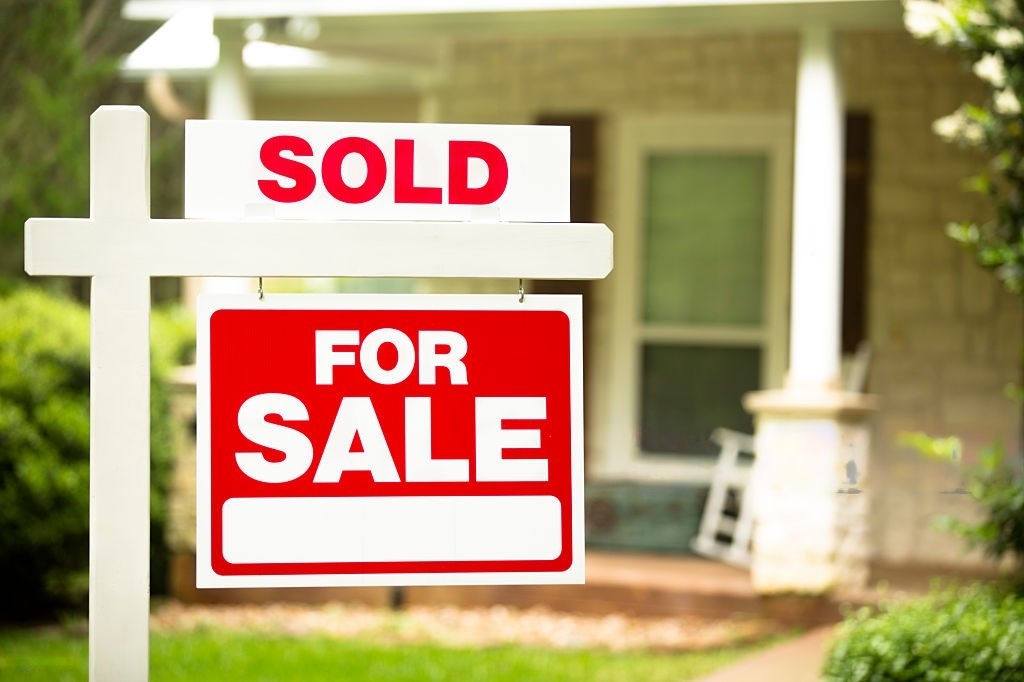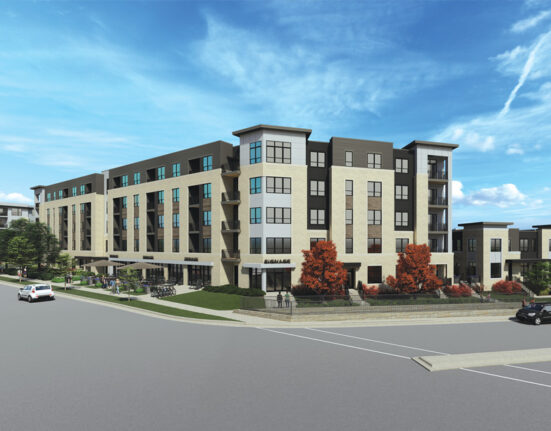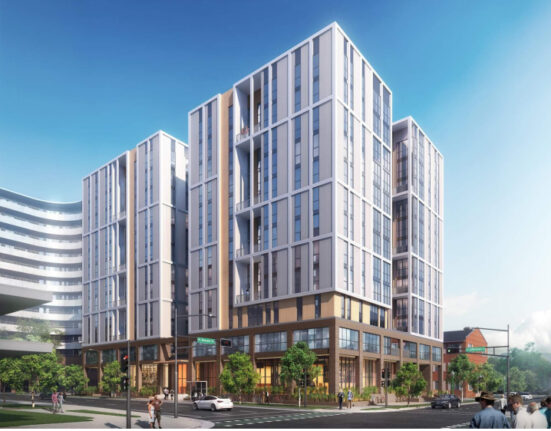With an average listing-to-sale time of just 28 days, real estate buyers need to be ready to pull the trigger

This piece first appeared in Blueprint365 Magazine. Click here to request your complimentary copy.
As home prices continue to skyrocket across the nation, even in the historically price-insulated Midwest, the real estate market becomes harder and harder to navigate. Luckily in Wisconsin, the process to buy a home has never been quicker and the health of the real estate market is as strong as ever — but timing is everything.
Based on where you look for a home in Wisconsin determines the price, because as the saying goes, it’s all about location, location, location. A house in Madison that runs for $300,000, for example, will be $250,000 in Milwaukee, according to the median price data for homes in August 2023 from the Wisconsin Realtors Association.
The time of year also plays a part in determining the price of a home. Realtor seasons are slower in the fall and winter compared to spring and summer. The listing prices may generally be the same regardless of the season, but the prime months for buying a home means more competition and bids for the same home. It’s not uncommon now to need to budget higher because of potential bidding wars if moving during the prime home buying time is when you need to do it.
Recent homebuyers Jesse Raub and Ashley Rodriguez went through the struggle of buying their first home in Madison. The two moved from Chicago in 2021 and had a hard time keeping up with the pace of the market.
“The first thing was just to look online for recent listings, but anytime we contacted the real estate agent for that listing, basically as soon as the house was listed it was sold,” Raub said. “Every house at that time was going for $30-60,000 over the asking price. We realized we were getting dramatically outbid on the lower price listings.”
Raub and Rodriguez saw that even houses that needed some solid work done were selling drastically above the asking price and well above their price range. That was until that year saw a historically low drop in interest rates, which allowed the couple to afford a more expensive, and more updated, house.
The entire process took more than a year before they eventually closed on their home on May 1, 2021.
While buying a home can be a slow process, the selling side is moving faster than ever. Data from Zillow places the average time it takes from start to finish the process of buying a home in Wisconsin at 28 days, the shortest in the country. The national average for a home sale is 33.5 days, according to Zillow’s data.

That’s why it’s important for prospective buyers to be ready to move, said Tiffany Malone, a Madison realtor and cofounder of OWN IT: Building Black Wealth.
“A lot of agents will educate or provide information for their clients ahead of time, because we are Dane County and nine times out of 10, we’ll be competing with somebody unless you’re building a house,” Malone said. “You’re competing. You’re going up against eight, nine, 10 or 11 other people that have put 24 offers on one house.”
So, when is the best time to buy a house? What resources are available to use?
The best time to buy a house will be during the off season for real estate. There will be more listings between March and August, but that comes with more competition. If you can help it, finding a home to purchase between September and March will, ideally, cause the least number of headaches. The pickings will be slimmer, but the process will be less competitive.
For resources, a large worry can be the down payment. With higher prices and more competition come higher down payments.
Taking advantage of programs for first time homebuyers is a great start. Nationally, First-Time Homebuyer Loans from the Federal Housing Administration (FHA Loans) allows a drastically lower down payment of 3.5% for credit scores 580 or higher.
At Associated Bank, its Program for Assisting Today’s Homebuyer (PATH) helps cover up to $5,000 for down payments and closing costs. PATH is open to all homebuyers, both new and repeat, as a 100 percent forgivable grant on any type of primary residences.
FHA Loans and PATH both require credit scores. Not everyone is able to have one due to citizen status in the U.S. Immigrants, or anyone without existing credit, that seek home ownership can take advantage of Associated Bank’s Care Mortgage Program. The program allows for loan consideration from non-credit based payment history on monthly bills to prove financial ability. Additionally, UW-Credit Union allows for the use of forms of identification commonly held by immigrants who are unable to obtain a credit score due to lack of social security number.





